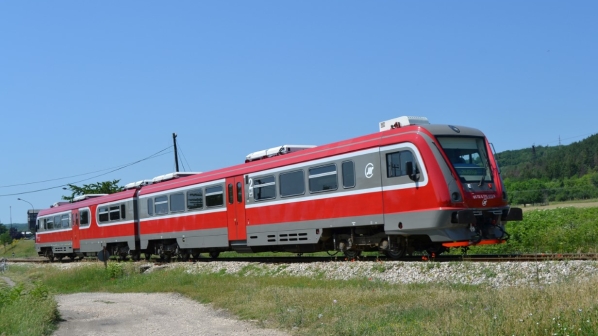THE World Bank and the French Development Agency (AFD) will provide a $US 125m tranche of funding to support Serbia’s rail network modernisation programme.
The announcement was made by the World Bank following the approval of its $US 62.5m contribution by its board of directors on March 17.
AFD will provide the remaining 50%, which will be used to implement priority objectives such as greener transport and improvements to regional integration on Serbia’s 3735km rail network.
The World Bank’s contribution is part of a larger overall financing envelope for the programme worth $US 400m to support network modernisation.
Serbia plans to invest €3.3bn over the next decade to electrify the network, implement ERTMS, remove low-speed bottlenecks, increase freight capacity on the core network, and improve the management of rail assets.
The investments are intended to achieve three key goals:
- increase network utilisation by 5%
- reduce fatalities on the network by 23%, and
- increase rail freight’s national market share by 10% over the next 10 years.
The investments are also expected to reduce the environmental impact of the transport sector, in line with European Union transport policy and Trans-European Transport Network (TEN-T) requirements, while providing an estimated $US 111.28m of climate co-benefits to bolster Serbia’s economic growth.
“Serbia’s rail network is a major asset for the country with the potential to play a strategic role in the nation’s growth and job opportunities,” says Mr Stephen Ndegwa, World Bank country manager for Serbia. “A renewed and modernised rail network will become an essential part of transforming multi-modal transport in the country, and the programme is fully aligned with Serbia’s EU accession agenda, including its commitment to the EU’s Green Deal and climate neutrality, which envisions a 90% reduction in transport emissions.”

